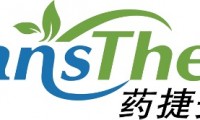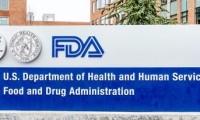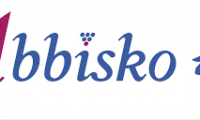-
TransThera initiates IND-Enabling studies for TT-02332, a novel, highly potent and CNS-penetrating NLRP3 inhibitor
- Source: drugdu
- 401
- February 28, 2024
-
Zdravookhraneniye 2024 Moscow Russia
- Source: drugdu
- 451
- February 27, 2024
-
New report urges UK policymakers to take urgent action on declining child health
- Source: drugdu
- 296
- February 27, 2024
-
NIHR awards over £20m to eight new global health research projects
- Source: drugdu
- 484
- February 27, 2024
-
Subsidiary of Zhengda Tianqing Passed FDA’s On-site Inspection with “Zero Defect” for Three Consecutive Times
- Source: drugdu
- 468
- February 27, 2024
-
Dupixent® Receives Another FDA Priority Review for Chronic Obstructive Pulmonary Disease (COPD) with Type 2 Inflammation
- Source: drugdu
- 737
- February 27, 2024
-
February 23, 2024
- Source: drugdu
- 247
- February 27, 2024
-
The first patient has been dosed, and the latest progress of Abbisko Therapeutics’s new generation EGFR Exon20ins inhibitor ABSK112
- Source: drugdu
- 293
- February 27, 2024
-
【EXPERT Q&A】What is the FDA registration review process for medical devices?
- Source: drugdu
- 470
- February 26, 2024
your submission has already been received.
OK
Subscribe
Please enter a valid Email address!
Submit
The most relevant industry news & insight will be sent to you every two weeks.

















